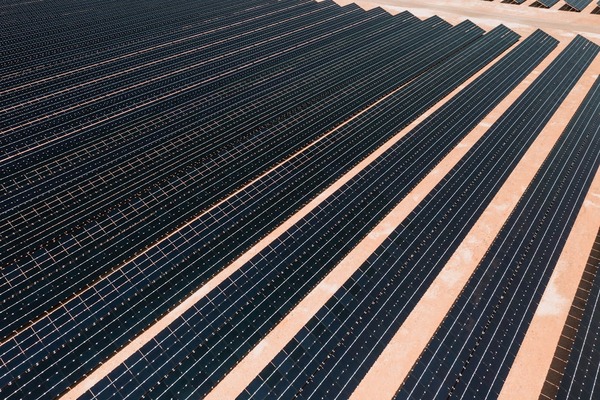South Africa’s energy production is largely reliant on coal-fired power plants. Even this, coming on an antiquated grid, have been extremely poor in terms of reliance, plunging large areas regularly into power blackouts. The country is also seeing a gradual shift toward renewable energy. Solar and wind projects are being added to the energy mix, with increasing private-sector participation. However, reports suggest that at the current pace, South Africa may only meet its energy demand by 2040.
Many large companies are turning to private energy procurement due to uncertainty around government energy regulations. Businesses are obtaining power directly from private providers, driven by internal sustainability goals. To address these challenges, South Africa passed the Electricity Regulation Amendment Act in 2023. The law allows private companies to compete in the power sector, reducing Eskom’s control over the market and diversifying energy sources.
South Africa’s Just Energy Transition Partnership (JETP) was launched in 2021 to fund the shift from coal to renewable energy. Partner countries, including the United States, the UK, France, Germany, and the European Union, pledged $8.5 billion to support this transition. However, discussions about how this funding will be distributed are still ongoing, and no funds have been disbursed yet.
The plan aims to gradually reduce coal capacity while expanding wind and solar energy. Coal is expected to make up 27% of the energy mix by 2040, down from its current dominance. Renewable energy capacity is projected to grow significantly, but challenges remain, such as limited transmission infrastructure and delays in grid expansion.
Currently, South Africa has about 6.3GW of operational renewable energy projects, mostly from solar and wind installations. Another 1.9GW is under construction, and 1.1GW is nearing financial closure. In the near term, new utility-scale and decentralized renewable energy projects are expected to supply a larger share of the country’s electricity.
Across Africa, renewable energy projects are also expanding. Egypt’s Benban Solar Park, with a capacity of 1.65GW, is among the largest in the world. Morocco’s Noor Ouarzazate Solar Complex, which produces 580MW, demonstrates further progress in solar power development on the continent.



